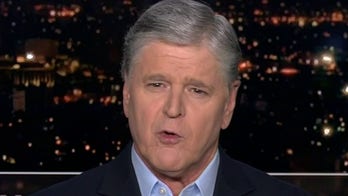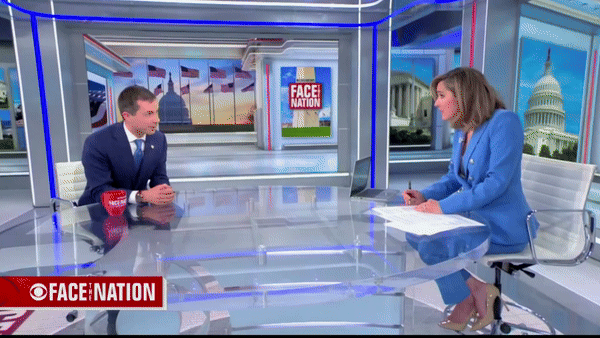The Supreme Court has issued a significant ruling in a case involving the First Amendment and social media censorship, drawing mixed reactions from pundits and experts.
The Supreme Court has ruled in favor of the Biden administration in a lawsuit alleging collusion with social media platforms to suppress views on the COVID-19 pandemic. A 6-3 majority of the court dismissed the lawsuit (Murthy v. Missouri), a significant victory for the government.
The lawsuit had alleged that federal officials violated plaintiffs' First Amendment rights by pressuring tech companies to censor their posts. However, the majority of justices found that the plaintiffs lacked legal standing to bring the lawsuit, as they could not demonstrate that their own speech had been suppressed.

First Amendment and Social Media: Supreme Court Ruling Sparks Debate
Justice Amy Coney Barrett wrote in the majority opinion that the platforms had "moderated" other content before the government engaged with them and continued to exercise "independent judgment" after they were approached. This, she argued, indicated that the government had not directly censored the plaintiffs' speech.
The ruling has drawn criticism from some quarters, with the Wall Street Journal Editorial Board warning that it could give the government free rein to engage in "stealth censorship." The board noted that both liberals and conservatives may regret the decision in the future.

First Amendment and Social Media: Supreme Court Ruling Sparks Debate
However, others were more positive about the outcome, arguing that it affirmed the government's right to protect the public from digital threats. Sacha Haworth, executive director of the Tech Oversight Project, told CNN that the ruling puts the onus on tech companies to take credible threats seriously.
The White House press secretary also praised the ruling, saying it would allow the administration to continue its work with technology companies to protect the safety and security of the American people.

First Amendment and Social Media: Supreme Court Ruling Sparks Debate
The Justice Department had argued that the temporary ban would cause "irreparable harm" because it may prevent the federal government from working with social media companies to prevent grave harm to the public.
However, Justice Samuel Alito dissented from the ruling, arguing that the lower courts' assessment of the record indicated that this was one of the most important free speech cases to reach the court in years. He said that high-ranking government officials had placed "unrelenting pressure" on Facebook to suppress Americans' free speech, and that the court's refusal to address this threat was a "grave error."
The ruling is likely to have significant implications for the debate over government censorship on social media. It remains to be seen how the government will interpret and apply the ruling, and whether it will indeed lead to increased censorship in the future.










